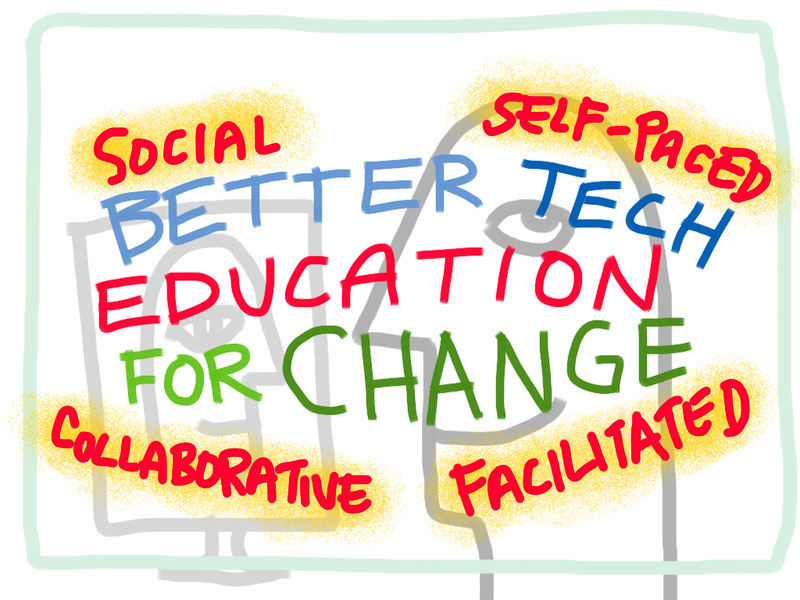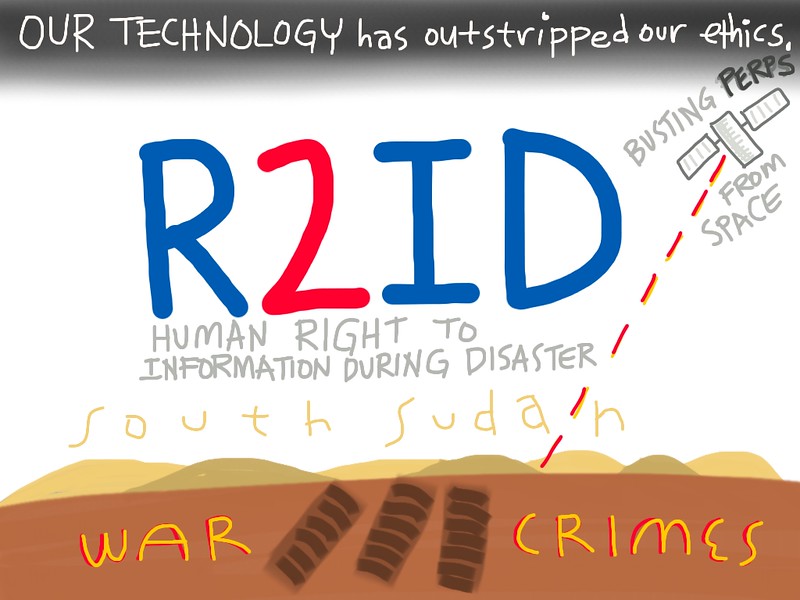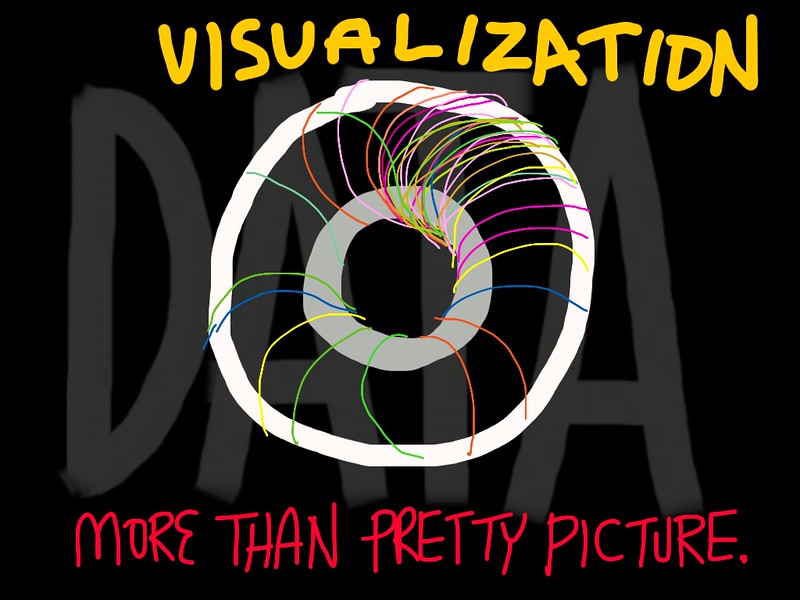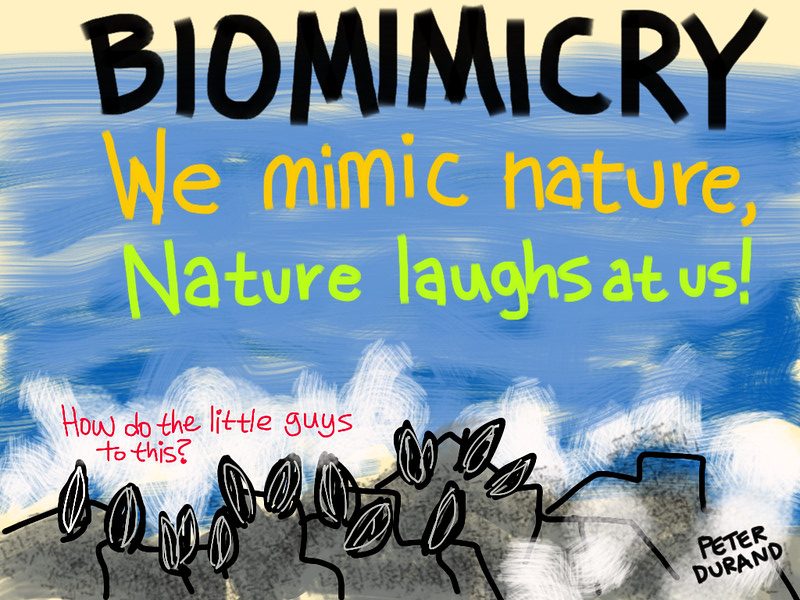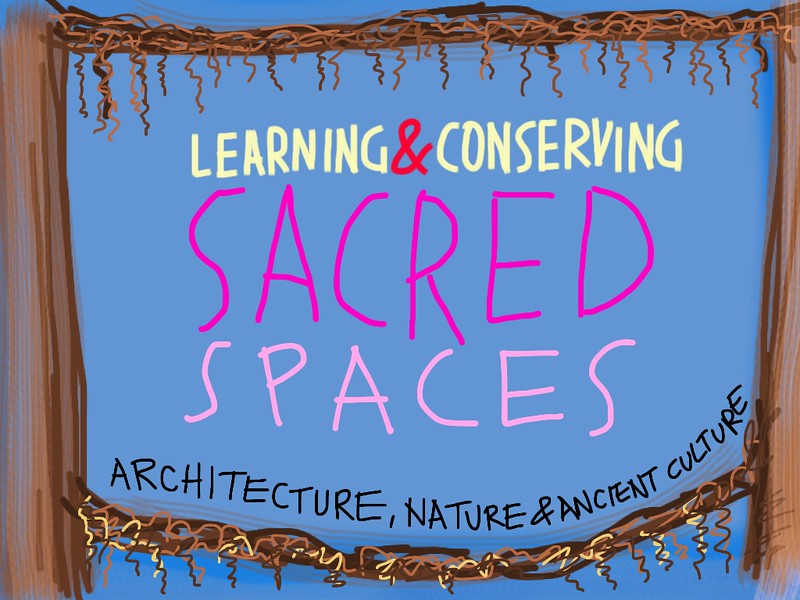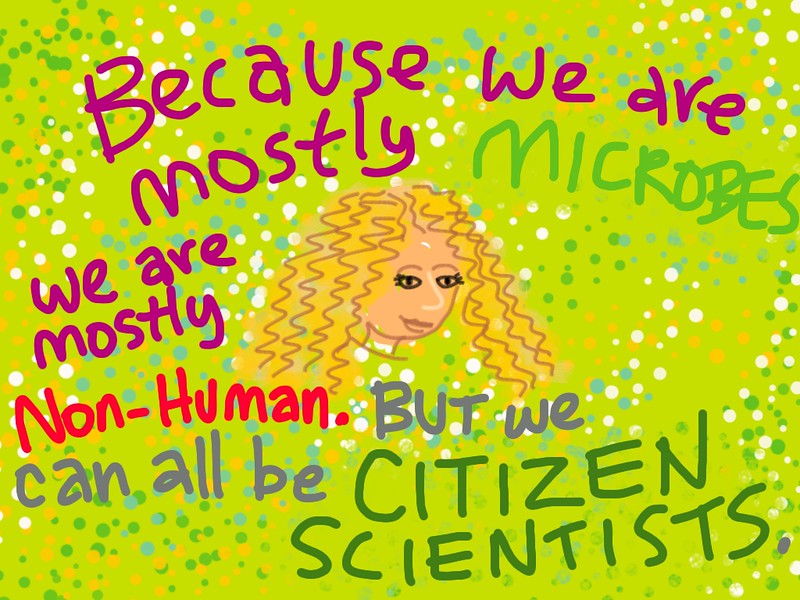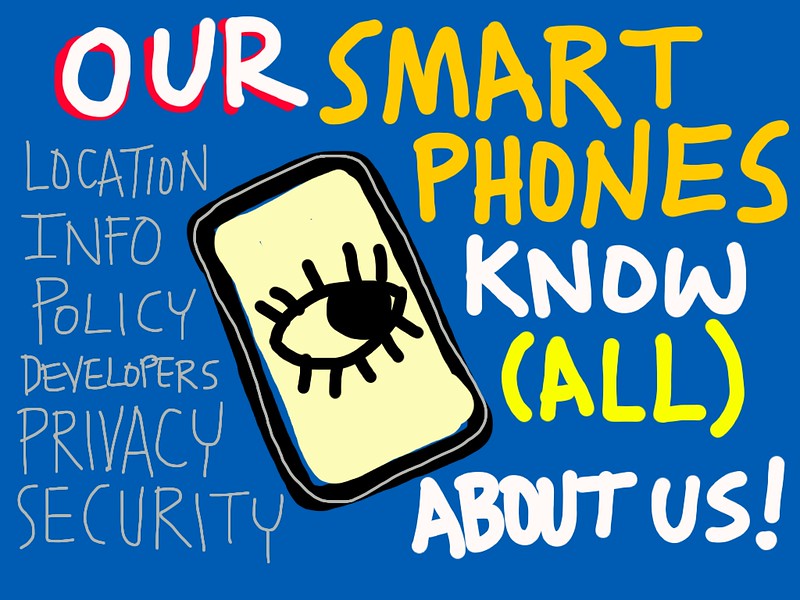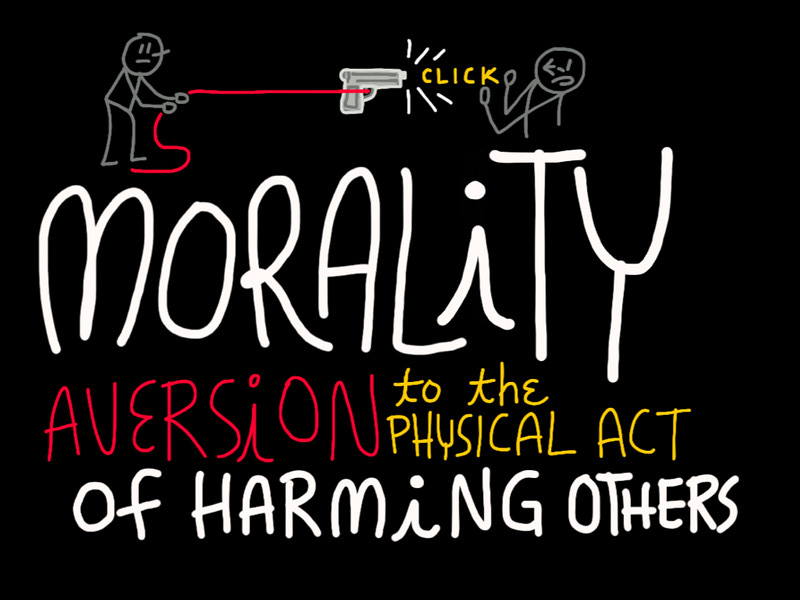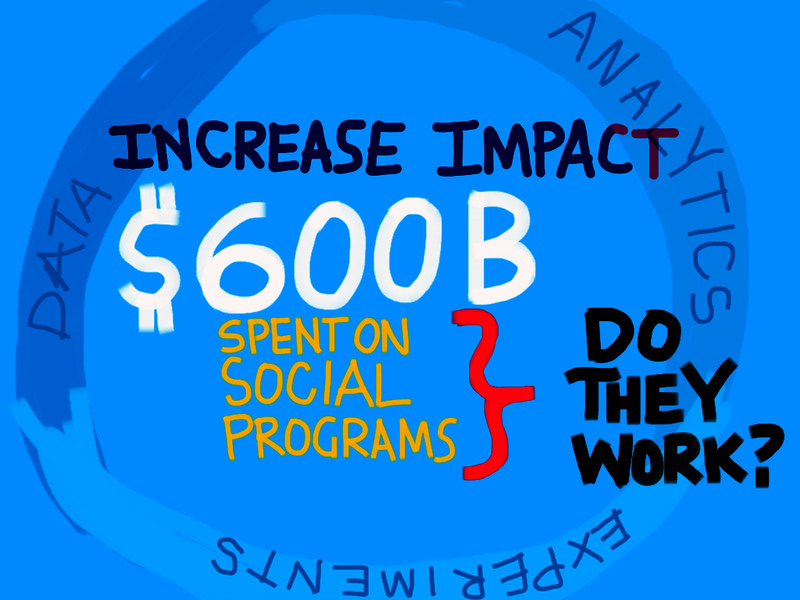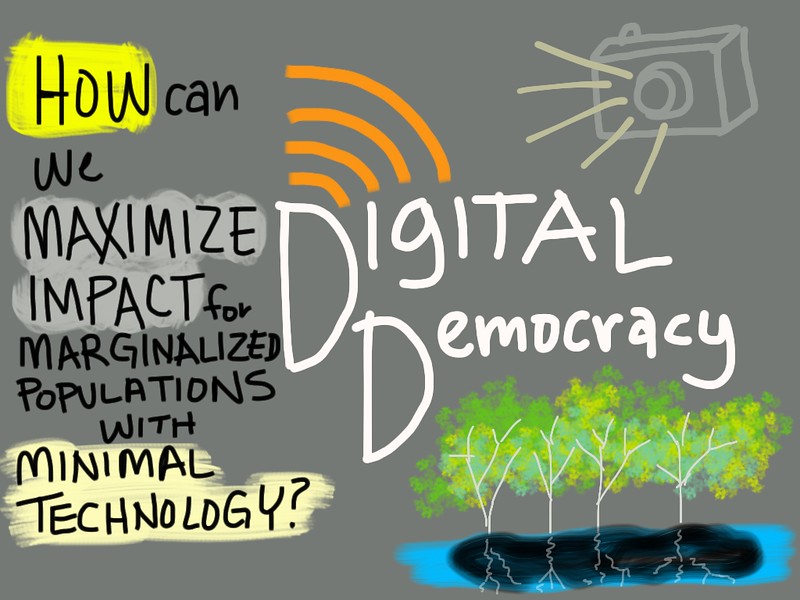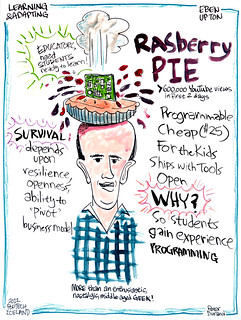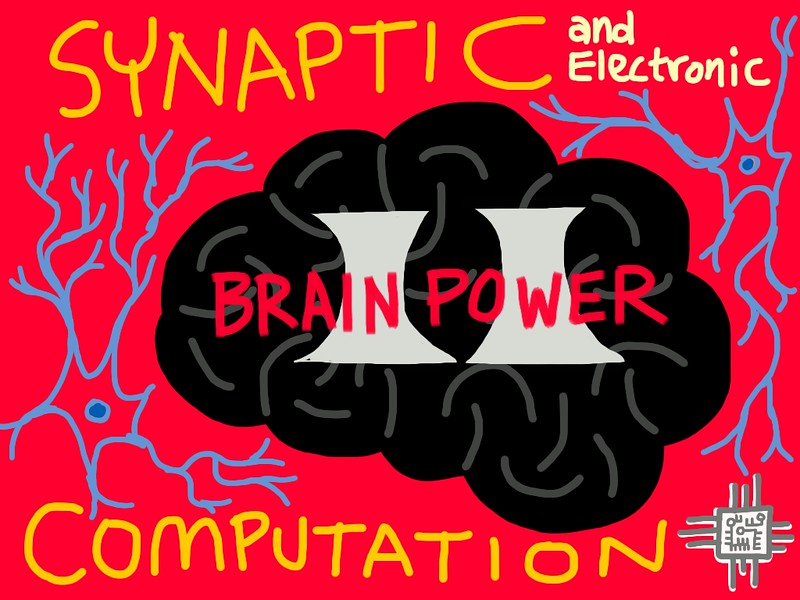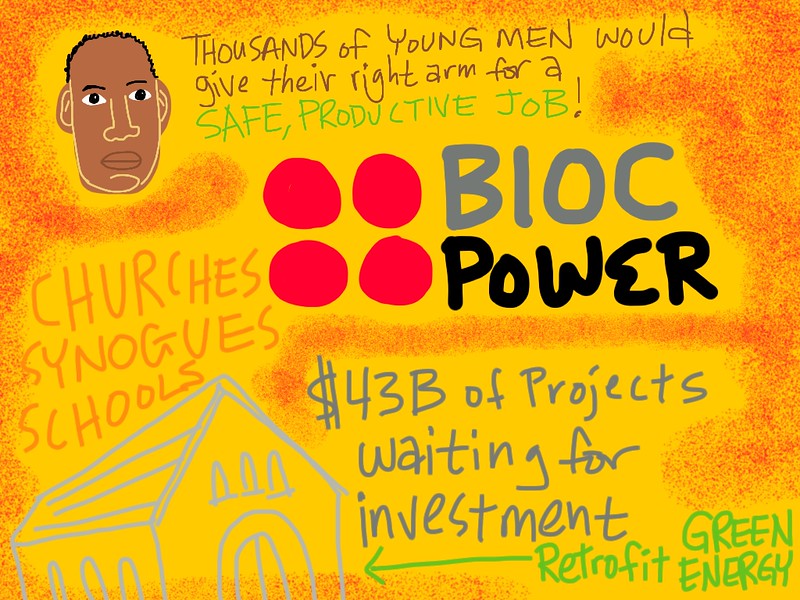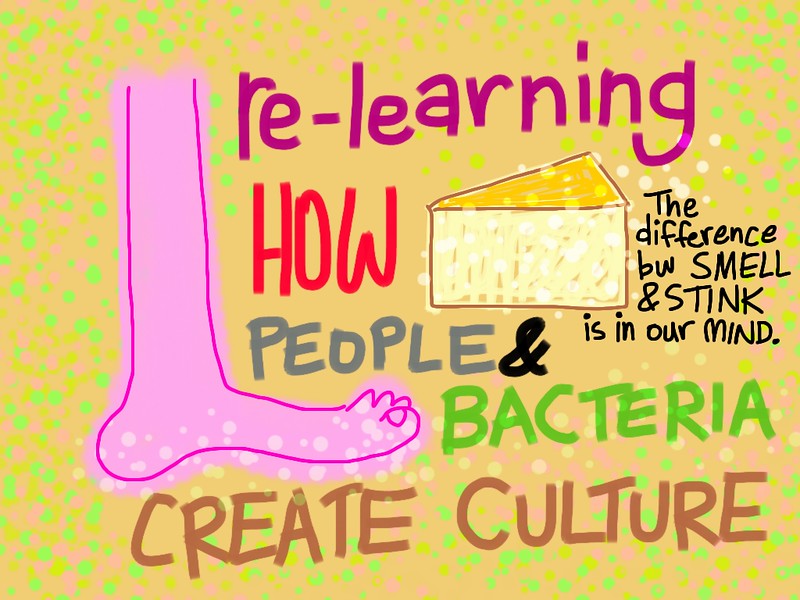Nick Martin: Learn Online
/Nick Martin is founder and president of TechChange, which has developed a unique, scalable, and interactive model for online training in international development.
With courses ranging from mHealth to financial literacy to open government, TechChange uses a mobile-friendly, MOOC-ready learning management system that includes low-bandwidth support, live video streaming, social media integration, game mechanics, translation support, security and more.
To date, TechChange has prepared over 2,000 alumni from over 100 countries to apply technology effectively and appropriately in response to global challenges.
Nathaniel Raymond: Data Rights
/Nathaniel Raymond works with the Harvard Humanitarian Initiative (HHI) to advance the science and practice of humanitarian response worldwide.
Through founding HHI’s Signal Program on Human Security and Technology, Raymond has helped pioneer the use of satellite imaging and other remote sensing techniques to document deteriorating humanitarian conditions and collect evidence of alleged mass atrocities.
A leader in the development of comprehensive ethical and technical standards to guide the use of information communication technologies during humanitarian emergencies, Raymond is helping ensure that the use of new technologies and methods protect, rather than endanger, vulnerable populations.
more at hhi.harvard.edu
Miriah Meyer: Seeing Data
/Miriah Meyer designs visualization systems that support exploratory, complex data analysis tasks and help scientists make sense of complex data.
Her visualizations combine novel mathematical models with principles from a range of fields including perception, design and human-computer interaction. Meyer was named a Microsoft Research Faculty Fellow and to MIT Technology Review’s Top 35 Innovators Under 35. Meyer’s work allows scientists to understand their underlying data in detail and to develop new hypotheses and insights.
more at: www.cs.utah.edu/~miriah/
Lisa Aziz-Zadeh: Brain and Body
/Lisa Aziz-Zadeh studies aspects of social cognitive neuroscience including creativity, empathy, embodied representations and social interaction. In addition, her work looks at how motor performance and sensory experience are essential contributors to higher cognitive processes.
Aziz-Zadeh has been a fellow at the Center for Advanced Study in Berlin, has received numerous grants from agencies such as the NIH and the Dana Foundation, and her work has been featured in a broad range of publications including Current Biology and Journal of Neuroscience. Her work is highly relevant to everyday human experiences, and will shape how we think about and understand ourselves and those around us.
more at: www.wiko-berlin.de/en/fellows/fellowfinder/detail/2008-aziz-zadeh-lisa/
Jonathan Wilker: Nature's Glue
/Jonathan Wilker seeks to understand how nature makes materials such as the glues produced in the seas by mussels, oysters and barnacles. His research examines how these biological materials function, and then works to design synthetic mimics with a wide range of applications.
Wilker’s work has been funded by the National Science Foundation and the Office of Naval Research. There are currently no adhesives available that are simultaneously wet setting, strong bonding, and non-toxic; yet marine biology may have already solved this problem, and Wilker is seeking to understand exactly how.
more at: Wilker Research Group
Julia Watson: Sacred Places
/Julia Watson is the principal partner of Studio Rede, a collaborative which aims to apply traditional knowledge and practices to contemporary design, helping to sustain social capital in support of local biodiversity and global conservation.
Starting with World Heritage sites in Bali, Indonesia, Studio Rede and an IEEE volunteer working group are developing an eGuidebook to facilitate the collaborative design process required to enable the remote inhabitants of cultural landscapes to combine maximum development impact with minimum impact pressure. By reaching across disciplines and inviting unique alliances, Studio Rede's practice empowers communities to protect their cultural landscapes.
more at: www.studiorede.com
Jessica Richman: Citizen Science
/Jessica Richman is a co-founder of uBiome, which aims to make the human body searchable using the knowledge, effort and ideas of the public, as well as health data, to solve some of the world’s most important problems.
uBiome gathers data by sending participants kits which they can use to sample their microbiomes, and then engages with the public regarding their data. uBiome is changing the way that the world's scientific agenda is set, to be more democratic, decentralized and open to all.
more at: www.ubiome.com
Jason Hong: Smarter Phones
/Jason Hong is investigating privacy and security issues for pervasive computing, including smartphone apps. His work focuses on the human element of these security issues and examines how to empower people so that they have better control over and feedback about their personal information.
His work has already garnered a great deal of attention from the popular press, including articles in MIT Tech Review, TechRepublic, New York Times and an appearance on the CBS “Morning Show.” Hong’s work draws on ideas and methods from human-computer interaction, crowdsourcing and psychology to develop better tools and user interfaces for everyday people.
more at: www.cs.cmu.edu/~jasonh/
Jan-Emmanuel De Neve: Tax Incentives
/The work of Jan-Emmanuel De Neve in economics shows that there is a wide scope for social progress, particularly when measured not only by the productive capacity of a society but also by integrating metrics of human well-being.
This includes examining the causes and effects of well-being, including the genetic component; and practical ways of integrating well-being into our daily lives and policy-making. His research has been featured by The Economist, The Wall Street Journal, The Guardian and BBC World, among others. De Neve’s work reveals a clear connection between individual happiness, productivity, and later earnings that implies the real potential for countries that are struggling to boost economic growth.
more at: http://personal.lse.ac.uk/deneve/
Fiery Cushman: Studying Harm
/Fiery Cushman studies the human capacity for moral judgment and behavior.
His research spans cognitive, neural, developmental and evolutionary approaches to this topic. It also serves as a platform to address more basic questions about the psychological mechanisms that make Homo sapiens stand apart dramatically from the other 8.5 million species on earth.
more at: Moral Psychology Research Lab
Esther Wang: Measure Impact
/Esther Wang co-founded IDinsight, an organization that gives managers the tools to generate and use social impact data.
IDinsight works with governments, NGOs and foundations in many areas – including health, water, finance, education, governance and agriculture – and makes rigorous impact measurement techniques practical for program decisions.
more at: www.idinsight.org
Emily Jacobi: Digitizing Democracy
/Emily Jacobi is the founder of Digital Democracy (Dd), which empowers marginalized communities to use technology to defend their rights.
Bridging the gap between local groups and top-notch technologists, Dd works with local partners to design both hardware and software solutions. Current projects include indigenous territory mapping in Mexico and designing an early warning system to alert environmental monitors of illegal logging in the Amazon.
Through the Remote Access mobile toolkit, Dd is working to make it easier for users in remote locations to document, manage and share environmental and human rights abuses.
more at: www.digital-democracy.org
Raspberry Pi: The Tech Teacher's New Textbook
/Eben Upton is a founder and trustee of the Raspberry Pi Foundation, and serves as its Executive Director.
Computer technology teachers have a new teaching tool that has given students the foundation for a mass of invention and innovation.
The Raspberry Pi — a circuit board the size of a credit card — has served as the starting point for computer science students to build an astonishing number of complex devices, learning the basics of programming in the process. And the cost for this incredibly small tech tool? Around $35USD.
The small and economical computer was first developed by faculty members at the University of Cambridge in Britain who had noticed their incoming computer science students were ill-prepared for a high-tech education. They decided to build an inexpensive device that students could learn from.
The Raspberry Pi is an ultra-low cost, credit card-sized computer designed to fill a much-needed technological gap in communities that cannot afford more traditional computing hardware and to provide children around the world the opportunity to learn programming.
Learn more at www.raspberrypi.org
Duygu Kuzum: Brain Computing
/Duygu Kuzum develops nanoelectronic synaptic devices which emulate synaptic computation in the human brain, then works to interface these synapses with biological neurons.
Such nanoscale synaptic devices have the potential to lead to interactive brain-inspired computer systems that can learn and process information in real time, bridging the gap between the human brain and digital computers. Kuzum’s work has been featured in Nanotechnology and Nature, among others. This type of hybrid neurological circuit may eventually enable neural prosthetic devices for clinical treatments of neurological disorders such as epilepsy and Parkinson’s disease.
more at: http://web.stanford.edu/~duygu/Duygu_Kuzum/Home.html
Donnel Baird: Energy Financing
/Donnel Baird works to create jobs and reduce energy costs for underserved communities.
Through his organization BlocPower, Donnel helps churches and community organizations to use their collective power to bargain for discounts on energy-efficient products ranging from insulation to solar panels, which are then installed for lower electricity bills.
A nonprofit arm of BlocPower trains community members to do the construction work for living wages. For Donnel, working with underserved communities in the Bronx and Washington, D.C. offers him an opportunity to bring a sense of community empowerment to communities where such resources are much needed.
more at: www.blocpower.org
Christina Agapakis: Toe Cheese
/Christina Agapakis is a biologist who studies the relationships between humans and bacteria at many scales and through multiple disciplines.
Using synthetic biology, genomics, and art, Agapakis explores the evolution and design of microbial communities in the soil, in our bodies and in cheese. Christina has been listed in Forbes Magazine 30 Under 30: Science and Healthcare and her work has been featured in the Journal of Biological Engineering and Nature Chemical Biology, among others.
Her work shows us how art and design can have a valuable impact on the ways we engage with and practice science.
more at: www.agapakis.com



